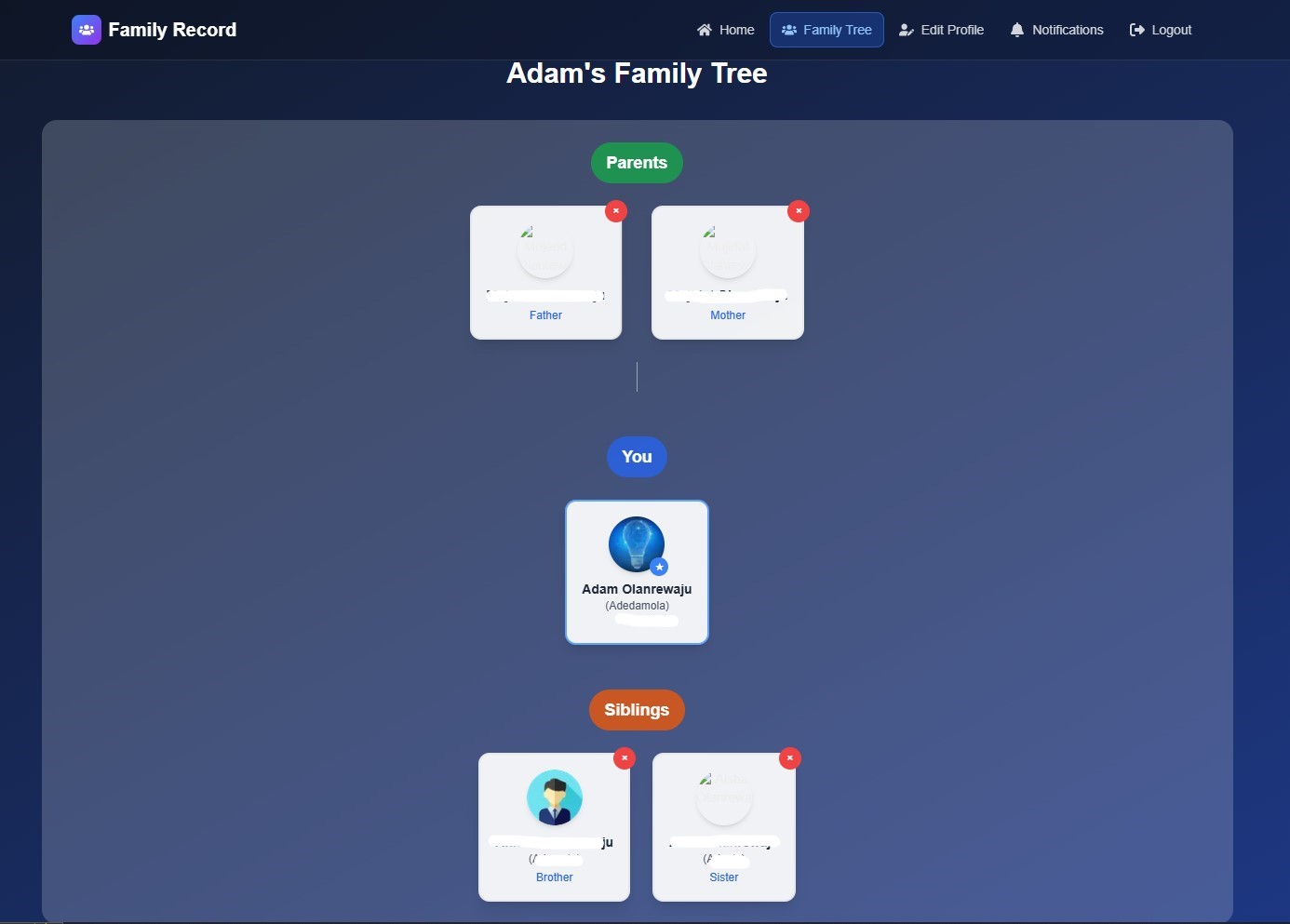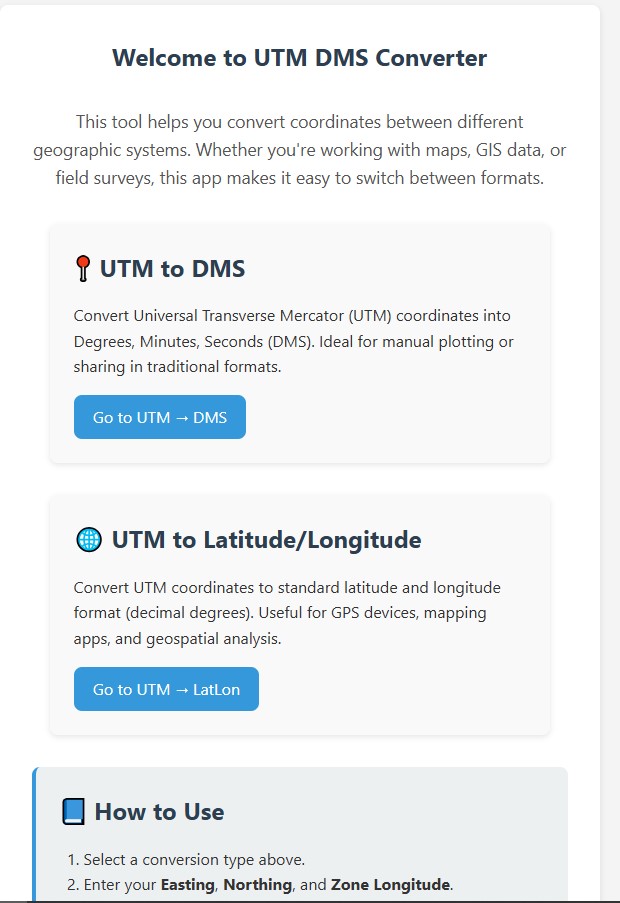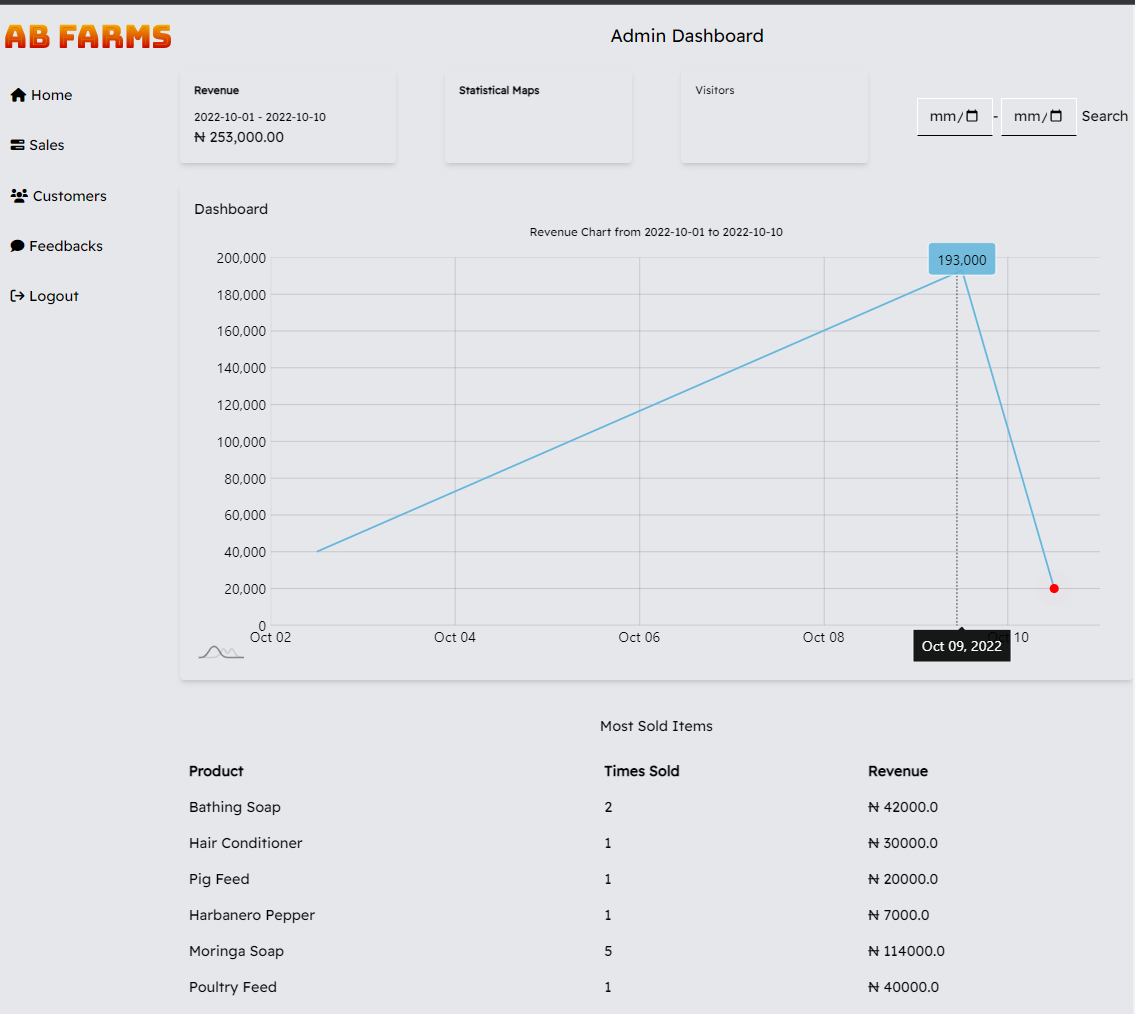CorperConnect
A social and content-based web application built for connection, experience sharing, and engagement among corps members and the wider community.
CorperConnect is a modern social web application built to connect corps members and young professionals through shared experiences, content, and discussions. It’s powered by Django REST Framework on the backend, Next.js on the frontend, Postgres as the DB and Redis for Caching, combining strong API design with a fast and dynamic user interface. Users can create profiles, share posts, engage in realtime chat discussions, and explore community-driven content — all within a responsive, elegant platform designed for meaningful interaction.
Social Platform
Dharmzeey Shop
A modern ecommerce web application offering a seamless shopping experience, featuring secure payments, user dashboards, and fast browsing across multiple product categories.
Dharmzeey Shop is a complete e-commerce web app where users can easily browse, buy, and manage products from different categories. It’s built with Django and Django REST Framework for a strong, secure backend and Next.js for a fast, smooth frontend experience. The platform features a clean home page, user dashboards for tracking orders, and a secure checkout for payments. It’s designed to be simple, reliable, and user-friendly — giving shoppers a seamless online shopping experience.
Ecommerce Platform
Family Record
A web application for connecting with families and heritage.
Family Record is an innovative web application designed to help users connect with their families, explore their heritage, and trace their lineage. Built with a focus on fostering meaningful connections, the platform provides tools for creating detailed family trees, sharing stories, and preserving family history. With an intuitive interface and robust features, Family Record empowers users to celebrate their heritage and strengthen family bonds across generations.
Web Application
Tree Database
Documentation of trees arround, providing identification and taxonomic details through a web application.
The project is a web application designed to document trees within areas. It aims to help identify trees and provide their taxonomic details, addressing the challenge of limited expertise in this field. Only authorized users with taxonomic knowledge can upload tree information. The process involves taking a picture of the tree, selecting its scientific name, filling in details, and automatically capturing its coordinates using JavaScript. For general users, the application provides search functionality. Users can perform a general search, which matches keywords across scientific, common, or local names, or a specific search, which allows filtering by criteria such as common name, local name, scientific name, location, or coordinates. If a tree is not found, users can request its identification, and authorized individuals will handle the request. The application is built using Django and related extensions.
Web Application
Abuad Farm
Web Application for manufacturing company.
ABUAD Farm is a web application built using Django and Django template, designed to mock a manufacturing company need. It also features vanilla JavaScript and Tailwind CSS for the frontend. The application provides role-based access control, offering distinct functionalities for Admins, Staff, and Users. Admins have full control over the system, including managing units, customers, and messages through the Django Admin Panel. Staff members have limited access, focusing on unit-specific data and customer interactions, while Users can access personal dashboards, notifications, and purchase history. The platform includes various pages such as a Home Page, Units Page, About Page, Blog Page, and dashboards with intuitive chart. Technologies like Django-Allauth, AmCharts JS, and Tailwind CSS are utilized, with charts powered by AmCharts JS. Demo credentials are available for testing the User Panel.
Web Application
Shopify Homepage Clone
Cloning of Shopify homepage
This project is a responsive and accessible clone of the Shopify homepage, developed as part of the "CRUSHING IT" hackathon organized by [Kati Frantz]. Built entirely with plain frontend technologies—HTML, Vanilla CSS, and Vanilla JavaScript—it emphasizes user-friendliness and compatibility with assistive technologies, including screen readers and keyboard navigation. The website demonstrates a commitment to clean, adaptive design without relying on frameworks or libraries.
Website
CTM API
API for an ecommerce application.
The CTM API is a subscription-based e-commerce platform built using Django and Django Rest Framework. It is designed to support both web and mobile applications. The platform allows vendors to create location-based stores where they can upload and sell products. The number of products a vendor can upload and their visibility to users depends on the vendor's subscription status, which can be active or inactive, and also differing plans. For regular users who are not vendors, the platform offers the ability to explore the site either anonymously or as logged-in users. They can browse products, select items of interest, and proceed with transactions directly with vendors.
API








